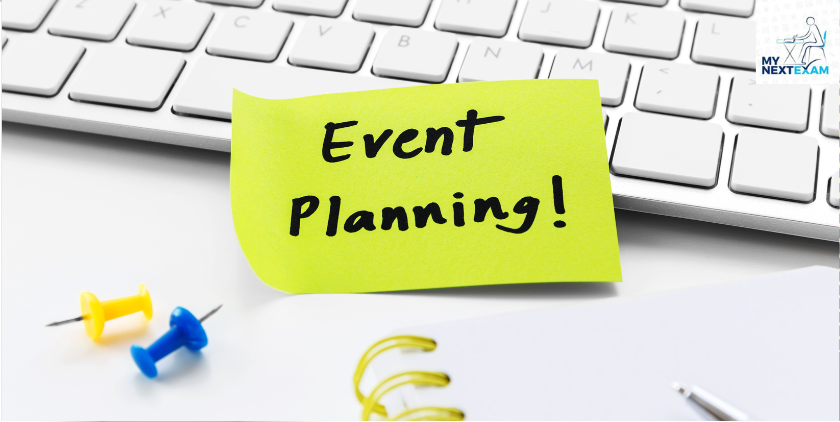If you’re looking for event planning ideas, start by gathering valuable feedback from past attendees. This will give you an idea of the topics and speakers that are most important to your audience.
It’s also important to track unforeseen schedule or budget changes. This can be done by utilizing a project management tool like Excel or Project Studio.
Identify Your Purpose
Identifying your purpose is one of the most important steps in planning an event. Knowing the objective of your event helps you attract potential attendees, create content that serves their needs, and set goals for measuring your success.
Your guiding purpose should be evident in every aspect of the event. For example, if you are hosting a conference to promote your new product, your goal should be to generate leads and drive sales.
Create a Theme
A theme is like a framework for your entire event, much like 2x4s create the frame for a house. It sets up the structure and direction of your messaging, marketing, catering and decorations.
For example, if your event involves an educational element, a quiz show theme can be fun and useful. It can also provide inspiration for decorations such as plinths, spinning wheels of fortune and large jackpot signs.
Create a Budget
Whether you are planning a small meeting or an elaborate event, creating a budget is a crucial first step. By estimating your costs early, you’ll have more vendor options and be able to negotiate prices.
Start by making a list of the things you’ll need for your event. This could include anything from speaker fees to swag or entertainment.
Once you’ve gathered the list, research prices by calling vendors to get an estimate. This isn’t always the quickest process but it can help you stay on track with your budget.
Select a Venue
Choosing a venue is one of the most important aspects of event planning. It sets the atmosphere, facilitates logistics, and determines the comfort of your attendees.
Evaluate space capacities to ensure that the venue can accommodate the number of guests you anticipate. It’s also important to consider seating arrangements and how they’ll affect the flow of movement.
If possible, select a venue that’s located near most of your attendees’ homes or workplaces. This will make it easier for them to get there and back again.
Select a Speaker
A good speaker is the key to an event’s success. They can add credibility, boost registration numbers and keep your audience engaged throughout the event.
You need to find speakers who are experts in your industry and can speak about the theme of your event. Also, make sure they are available on the dates and times you want to host your event. This is important because speakers have busy schedules.
Plan a Schedule
When planning an event, it is important to create a schedule. This will help you stay on track and ensure that all the necessary tasks are completed in a timely manner.
To start, determine the length of your event and then list all of the activities that will take place during this time. Then, divide the events by their importance and allocate the most significant ones to prime time slots.
Market Your Event
In order to drive attendance, you must market your event effectively. Use a variety of marketing channels to reach your target audience, including email, social media, and content marketing.
Create FOMO (Fear Of Missing Out) content like videos to showcase the speakers, activations, and other highlights of your event. Publish this on your website and social channels.
Segment your email list by industry to personalize the content you send them. This makes them feel valued and increases engagement.
Design a Logo
A great event logo is an important aspect of your overall event planning strategy. It conveys the ambiance you want your event to create, and it helps potential attendees know what to expect.
Choose fonts, colors and symbols that are relevant to your audience. Consider using special features like fading and glow effects to add more volume to your logo composition. You can also choose from pictorial marks, wordmarks and abstract logo designs.
Design a Website
It’s important to have a clear idea of your target audience when creating a website for your event. This will help you plan the site’s interface, aesthetic and potential pages. For example, if you’re planning an event to build brand awareness and facilitate digital transactions, you may want a home page that features easily accessible sections for featured online products and company updates. Then again, you might opt for a more comprehensive identity-based section instead.
